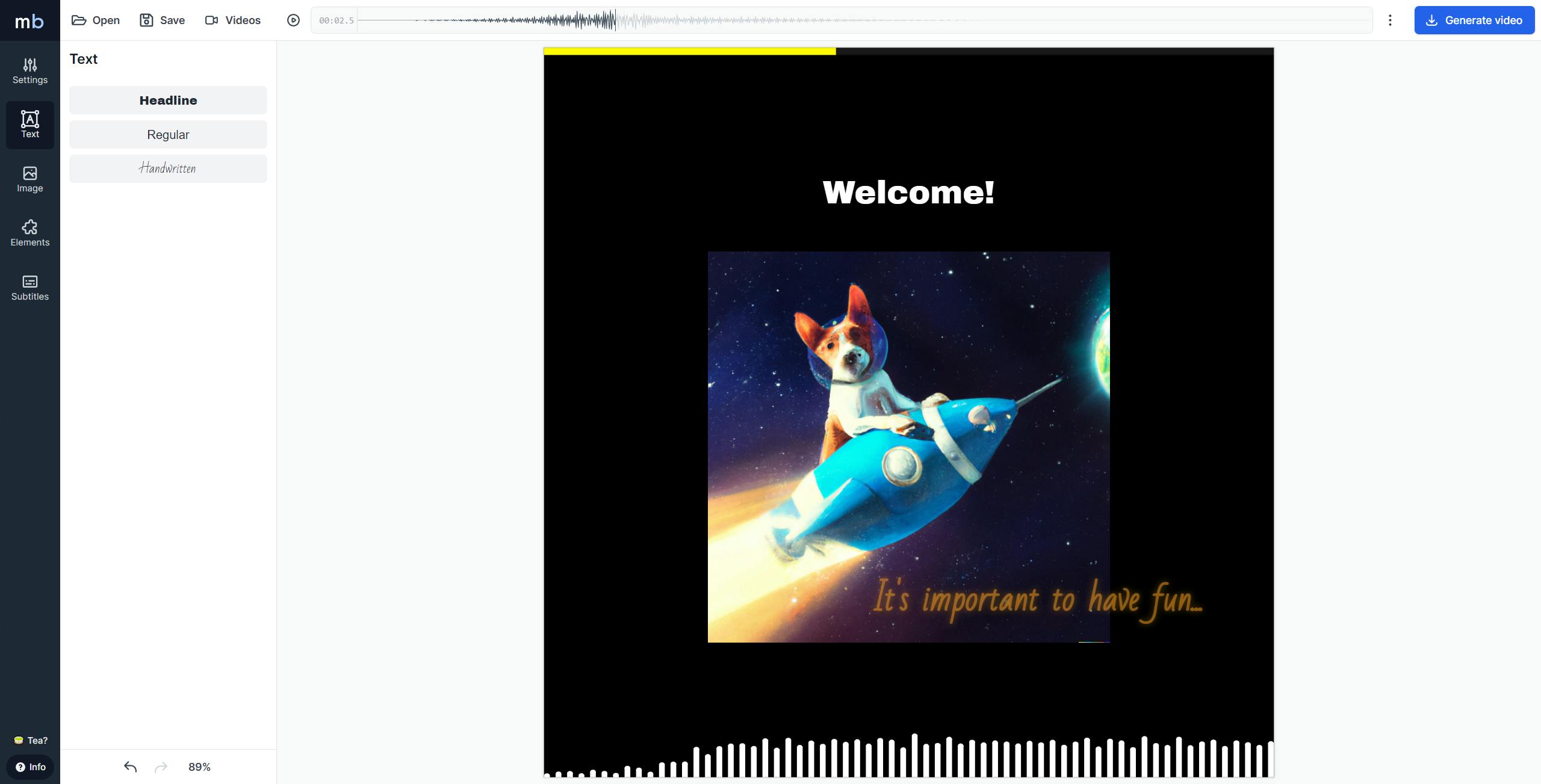3 Reasons Why Starting to Build a Portfolio on Day One Will Help You Land a Job
A nasty trap that so many beginner developers fall into is this feeling that they're not yet ready to start building anything.
They watch tutorials on YouTube and buy dozens of different Udemy courses, even though they already know the basics. They learn 12 different ways to build a to-do list app, but when it comes to building something real, they're lost. Even if they try to start building their own app they get overwhelmed and go back to binge-watching tutorials with the hope that the next one will provide salvation.
Sorry to break it to you, but if you're stuck in tutorial hell, no amount of additional learning will help you anymore. When you've got the hang of the very basics the next step you need to take is to start building something real on your own.
It sure is going to be hard at first, but it's the only way to really learn - and it will even help you land a job in the end.
Your portfolio is your proof of skill
Bringing a portfolio of real-world apps to an interview is like playing a game with cheat codes.
As a developer, you're being hired to build apps, and you're literally showing them proof that you're able to do that. It's really hard to say 'no' to such a candidate.

When I was looking for my last job, I was showing a pet project I'd built - an app that allowed users to generate videos for their podcast excerpts called mediabits.io. It showed interviewers that I could build something quite polished backend-to-frontend and even set up the infrastructure. In the end, this small project was singlehandedly responsible for increasing my salary by 2x when I changed jobs.
It doesn't matter if you're a junior developer or a senior developer, showing the interviewers a cool pet project will make you stand out from the pack.
You'll learn more than you ever have
There's a limit on how much you can learn programming just by reading books and watching tutorials.
For so many beginners who're stuck, their problem is not that they lack knowledge, it's that they don't know how to use it. The only way to learn that is to practice coding and solving real-world problems.
I'll let you in on a secret: knowledge-wise you probably know as much as a senior developer. Over the years, you'll build up a library of ways to solve common problems. When an experienced developer encounters a new problem, he recognizes patterns from the many problems he's already solved and can quickly come up with a solution. You can only become good through practice.
The sooner you start building something and solving problems, the sooner you'll start accumulating your own library of go-to solutions to common problems. In fact, I'd recommend doing that from day one.
It shows you can be relied upon to get things done
Companies consider junior developers an investment.
Junior devs cost employers time and money and bring little benefit to the company in the short term. They need a lot of handholding and attention from senior developers initially, but the hope is that the junior developer will become independent and start bringing positive returns in the long run.
When you build real-world apps on your own, you'll have to learn how to build the front-end, and the back-end, how to persist data in a database, and even how to deploy your app. Having a few such apps signals to the prospective employers that you don't need handholding and you can figure out things on your own. This makes you an attractive investment.
Truthfully, if you can actually build something start-to-finish, you might not even be considered a junior developer anymore, which will come with a significant salary boost.
Conclusion
There's nothing special about a candidate like that:
Interviewer: 'Do you have something to show that you've built?'
Jr. Candidate: 'Not really?'
Interviewer: 'Well what experience do you have then?'
Jr. Candidate: 'I followed a 12-hour JavaScript course on Udemy where I've built a to-do list app with NodeJS and MongoDB, now I'm halfway through a React tutorial, but I'm still struggling to grasp it.'
And there's a lot to like about this candidate:
Interviewer: 'Do you have something to show that you've built?'
Jr. Candidate: 'Oh yeah, absolutely - I've built this browser extension that allows me to save articles, notes, and snippets of code from the stuff that I'm learning on the internet, and then I can later review them in this web app that I've also built, or have it convert the notes to PDF and sync them with my Kindle reader.'
if you're not building anything yet, stop binging on courses, find a small problem that you personally have, and build an app to solve it.
